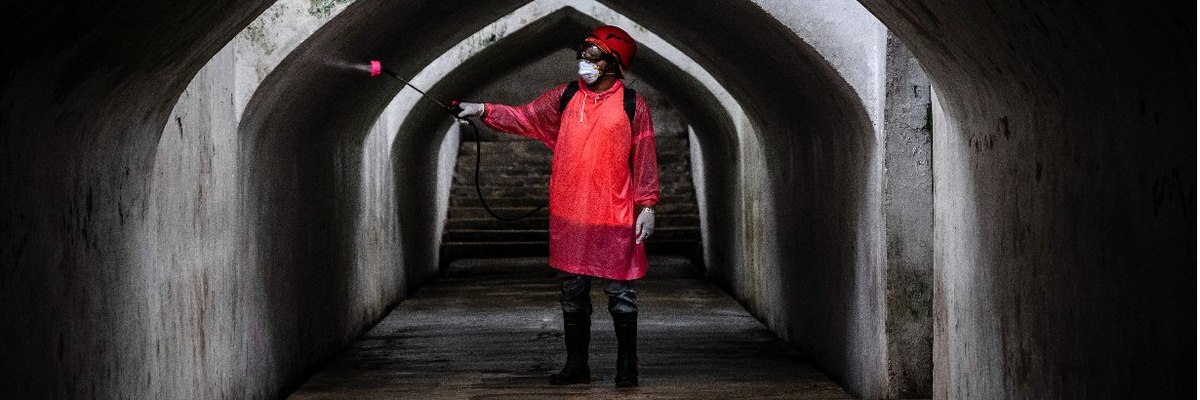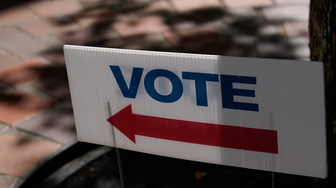Latest round-up of YouGov’s coronavirus survey results
The country that stands out most this week in YouGov's 26-market COVID-19 tracker is Indonesia. Despite the nation having ordered large scale lockdowns in between the previous and most recent surveys, attitudes towards the crisis actually seem to be getting more relaxed.
Most notably, the proportion of people saying they are very or fairly scared of catching coronavirus has fallen by 10 percentage points since the last survey, to 75%.
Additionally, across all behavioural changes we are tracking Indonesians are now less likely to be taking precautions. The most marked difference is in avoiding physical contact with tourists, with the number of people doing so falling from 63% to 48%.
The number of Indonesians avoiding eating raw or uncooked meats fell from 37% to 27%, the number avoiding going to work is down to 55% from 63% and only 77% are avoiding crowded places where before it had been 84%.
Fear rises fastest in Japan and Sweden
This week’s biggest increases in fear have been in Japan and Sweden, which are up 15-16 percentage points on last week. In the case of Japan this pushes the number of people very or fairly afraid they will catch the disease to 85%, the third highest among the countries surveyed. Swedes had previously been the least concerned of all nations about the virus, and even with the big increase are still in the bottom five, at 47%.
Sizeable fear increases also took place in Denmark (rising 11 points to 53%) and Mexico (up 10 points to 45%).
As well as the aforementioned falling fear levels in Indonesia, Norway too saw citizens becoming less afraid of catching the virus, dropping 48% to 38%.
Personal behaviour changes
In terms of particularly large national behaviour shifts…
- In Finland there was an 11 percentage point increase in the number of people avoiding crowds from 68% to 79%.
- The proportion of Japanese people saying they were avoiding crowded public places rose 10 percentage points to 74% (with survey fieldwork having taken place prior to Tuesday’s state of emergency declaration that imposed a partial lockdown).
- Denmark saw 13 percentage point increases in the number of people improving their hygiene techniques (from 70% to 83%), and refraining from touching objects in public (from 46% to 59%).
- The number of Vietnamese people avoiding work jumped 15 percentage points from 38% to 53%.
- There was a marked decrease in the number of people in the UAE avoiding going to work (down 11pts to 33%); the same was true to a lesser extent in Saudi Arabia (down 7pt to 43%).
- The proportion of Saudi Arabians saying they had stopped sending their children to care or school fell from 52% to 37%.
Singaporeans increasing support government quarantine action
Singapore saw a large increase in the number of people now saying they would support greater quarantine measures, likely reflecting the increasing numbers of people afraid of catching the disease (up 6pts to 73%).
The proportion of Singaporeans supporting quarantining any location an infected person had been has risen from 30% to 46%, while the number who back isolating anyone who had come into contact with a carrier is up from 67% to 79%. In both cases this represents the highest level of support for these measures so far recorded in the country, after weeks of stability.
Photo: Getty









